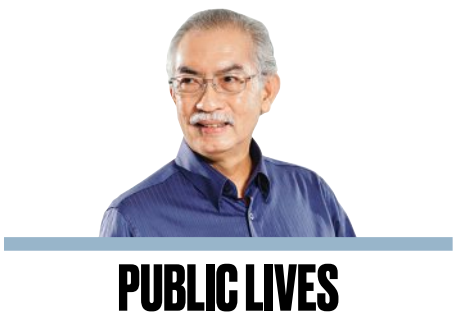Last Thursday, Oct. 5, a viral video clip was posted on X, formerly known as Twitter. This video depicted a police officer halting traffic on Commonwealth Avenue in Quezon City, supposedly to allow a VIP convoy to pass without any hindrance. Within a short period of time, the video spread like wildfire across various social media platforms. Consequently, it unleashed a wave of angry and profanity-laden comments criticizing the sense of entitlement displayed by a high-ranking government official.
On the following day, Oct. 6, the Office of the Vice President (OVP) issued an official statement to deny that the VIP in question was Vice President Sara Duterte. Their statement, which was posted on the OVP’s Facebook page, explained that the Vice President was in Mindanao at the time addressing a World Teacher’s Day celebration. The statement further emphasized that the Vice President prioritizes the public’s welfare over her personal interests and privileges.
The Quezon City Police Department (QCPD) also released a statement expressing their apologies for the mistake and announcing that the involved police officer had been relieved of duty. The police officer himself apologized for his error.
Upon reviewing the video multiple times, it became apparent to me that Sgt. Pantallano may have misheard the term “VIP” and, in his confusion, mistakenly associated it with the Vice President. This was an honest mistake that should not have caused such a political uproar. It serves as a prime example of how misinformation can develop a life of its own in a highly charged political environment, accumulating unfounded meanings and confirming existing biases.
From the perspective of media studies, this incident validates a concerning truth that has long kept traditional mass media on their toes but has been largely overlooked in the realm of social media. It highlights that information spreads not because it is necessarily true, but because it is interesting, relevant, or shocking. In the modern world, one must turn to science rather than mass media to ascertain the truth.
Mainstream news organizations, such as newspapers and television networks, have always been wary of the temptations of newsworthiness. They actively involve editorial boards in the day-to-day operations of their newsrooms to weed out speculative, misleading, and blatantly false information. However, this task is not always straightforward. Due to strict deadlines, news organizations often face time constraints that prevent them from adequately fact-checking, ensuring fairness, or completely ruling out falsehoods.
Social media, on the other hand, is not bound by such rules. Its governing principle is to let images and texts speak for themselves, allowing others to dispute their accuracy or draw implications from them. However, I am uncertain if this attitude is necessarily beneficial for democracy. While it encourages a critical outlook on mass communication, it may also foster an apathetic disregard for the importance of truthful information in public affairs.
I happened upon this viral video clip in two Viber groups where it was accompanied by a one-line comment: “Sinara ang Commonwealth kasi tatawid si VP Sara … Tangna!” (They closed Commonwealth because VP Sara was going to pass … [expletive]!). Unfortunately for the Vice President, the video was easy to believe since the incident seemed to personify the sense of entitlement that she had exhibited in relation to confidential and intelligence funds during her recent public appearances.
In any case, responsible newspapers or television networks would not have used a contributed report like this without verifying its accuracy with the police or the office of the government official involved. However, social media is not bound by such standards. It relies on allowing images and texts to speak for themselves, leaving it to others to question their authenticity or interpret their implications.
Nevertheless, I am unsure if this approach is necessarily beneficial for democracy. While it may encourage a critical perspective on mass communication, it could also foster a dangerous indifference towards the importance of truthful information in public affairs.
Contact the author at [email protected]
Denial of responsibility! Vigour Times is an automatic aggregator of Global media. In each content, the hyperlink to the primary source is specified. All trademarks belong to their rightful owners, and all materials to their authors. For any complaint, please reach us at – [email protected]. We will take necessary action within 24 hours.


